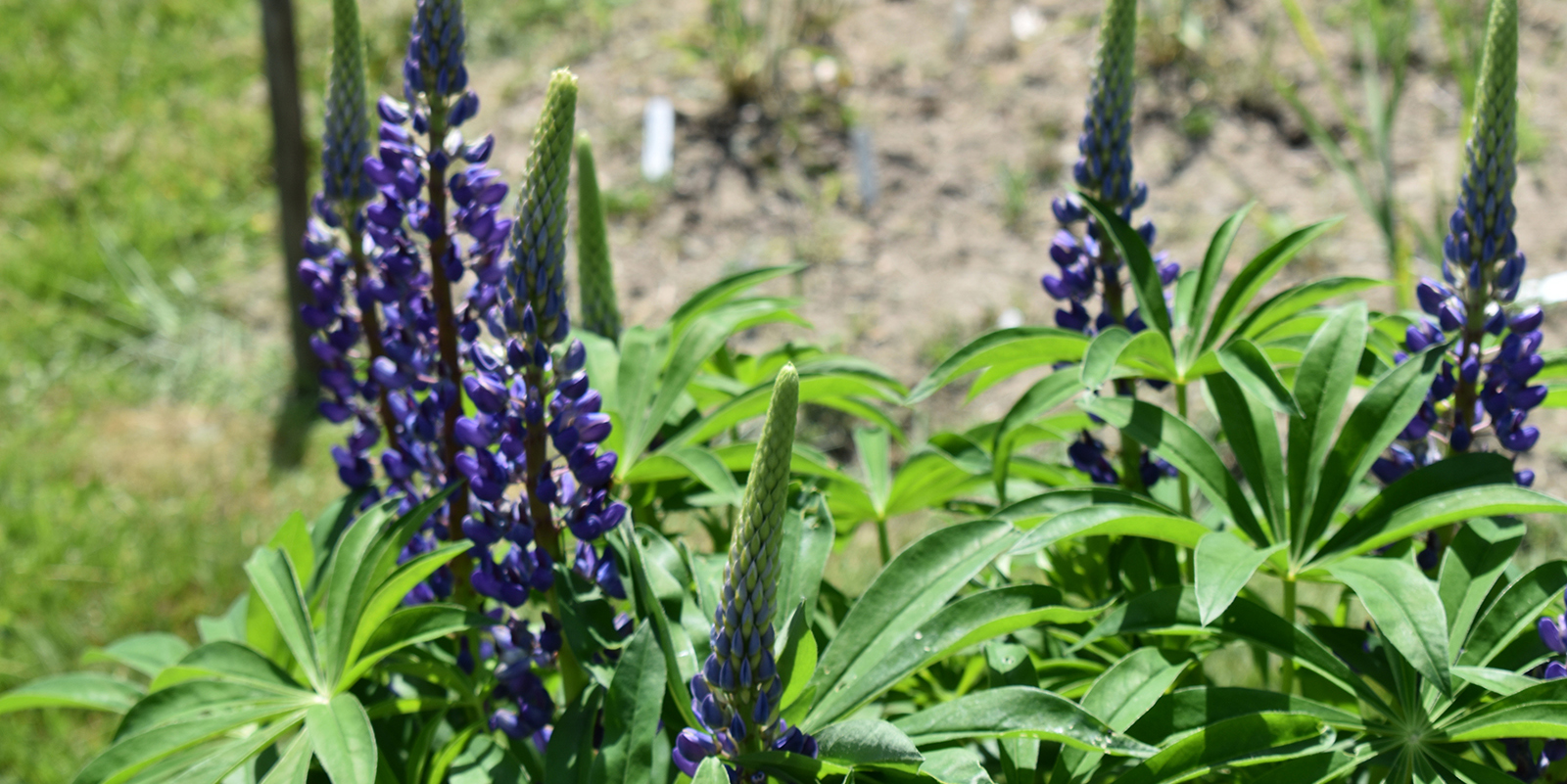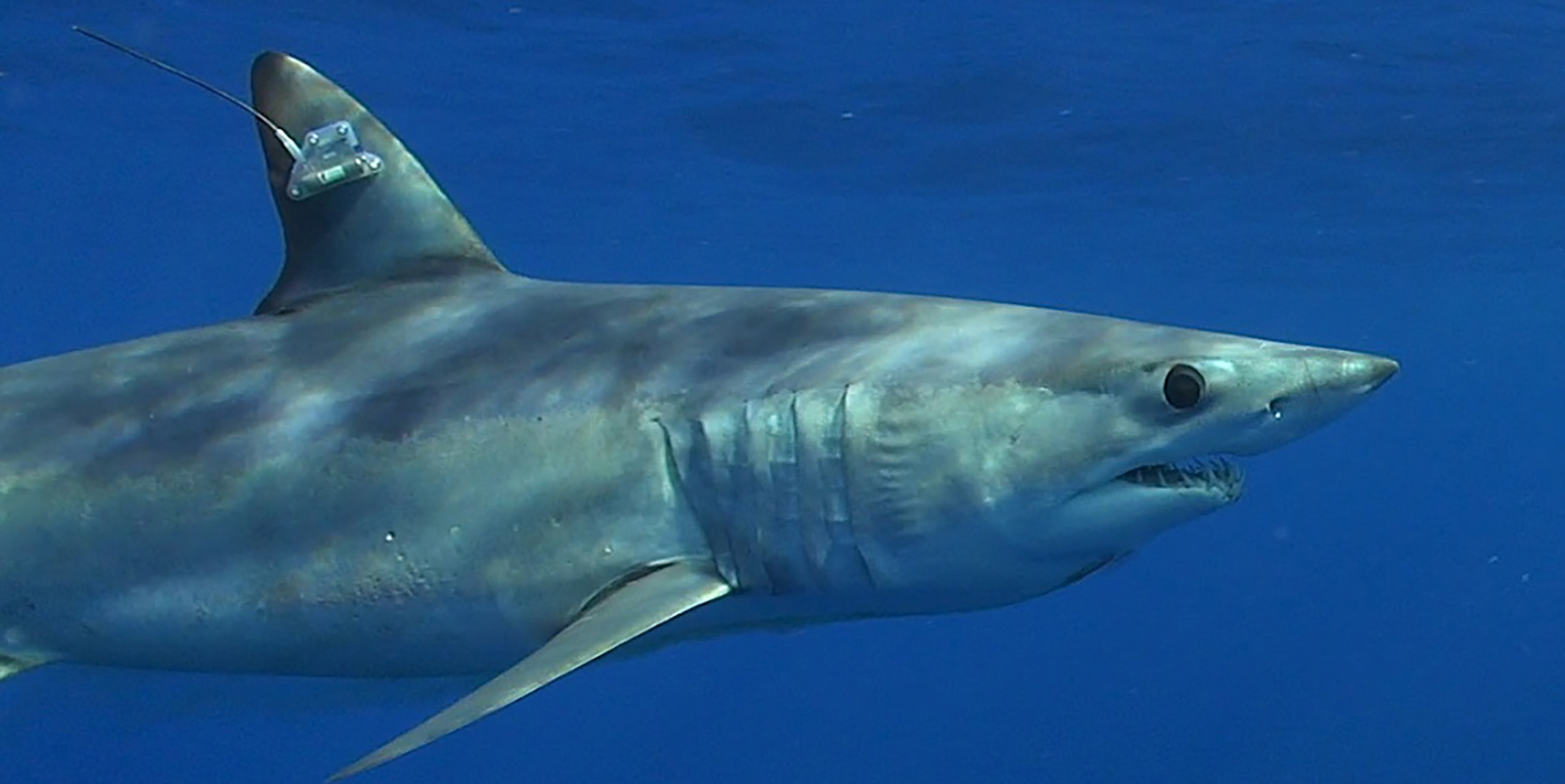Some Serious Horse Play in Saunderstown
May 27, 2013
SAUNDERSTOWN, R.I. — “Old Manny” doesn’t seem to mind the moniker, even though his given name is much more masculine. After all, Deidre Sharp did rescue him from certain death.
Sharp is the president and founder of Horse Play, which provides rescue and rehabilitation for abused, neglected, unwanted and slaughter-bound horses. Thunderbolt — now better know as Old Manny — came to the Gilbert Stuart Road equine sanctuary about three years ago, from a farm foreclosure. He likely was headed to auction and then to Mexico or Canada to be slaughtered.
Today, Old Manny, now in his early 40s — a long life for any horse — is the only four-legged animal at the sanctuary, with the exception of Chilli the dog and a few cats, that has the run of the property, at least until it’s time for bed.
“He knows when it’s time to go in for the night,” Sharp said. “If we forget, we’ll find him standing near the gate.”
Thunderbolt is one of 19 horses that currently call Horse Play home, putting the facility at near capacity. Since Sharp founded the sanctuary in 1999 — it has been at its current location for the past seven years — a few hundred horses have been rescued.
The last U.S. horse slaughterhouse was closed in 2007, but thousands of horses are annually shipped to slaughterhouses north and south of the border. Most horses end up in this situation because of owner ignorance and/or financial crises and others become unwanted and disposable, according to Sharp.
Ponies, family horses, and retired show and race horses are all at risk of being slaughtered, she said, noting that 90 percent of horses slaughtered are healthy, sound animals.
The horses rescued by Horse Play often arrive with issues, ranging from neglect and abuse to illness and injury. Raza, a former race horse headed to a Canadian slaughterhouse, arrived with an upper respiratory illness and had to be quarantined.
“Those auction houses are stressful for the horses and there a lot of germs,” Sharp said.
Harley, just 5 years old now, was destined to be a show horse, but a severe injury put her on a path to a slaughterhouse auction. Monkey has issues with gates, because in his previous life as a race horse firecrackers were thrown at his feet to get him to burst out of a gate.
Horse Play’s current stable of horses includes four mustangs, a few thoroughbreds and a retired race horse named Red that won close to a million dollars. Now, 12 years old, Red raced until he was 9.
“He’s a gorgeous horse … a grandson of Secretariat,” Sharp said. “A family bought him, but when the teenage daughter got bored with him and the economy slumped he was no longer wanted.”
Red has found plenty of friends, both two-legged and four-legged, at Horse Play. He often hangs out in one of the facility’s several good-sized pastures with Murphy and Timmy.
While Old Manny may have the run of the place, a teenager named Sabio is the alpha male. Neither Sharp nor longtime volunteer Mandy Crow hesitated when asked which horse was the leader of the pack.
The 15-year-old mustang was part of a U.S. Bureau of Land Management roundup, which are done annually to protect rangeland health. Sabio was adopted by a lady who “didn’t understand what wild horses are,” Crow said.
The beautiful and friendly Sabio — just don’t try to ride him — is now one of Horse Play’s temporary residents, or so Sharp and Crow hope.
“The goal is to rehabilitate them and have them fostered or adopted,” said the 59-year-old Crow.
Horse Play currently is home to 19 horses.It takes about $60,000 a year to run the nonprofit, according to Sharp. Much of that money is raised through private donations and fundraisers. The 51-year-old Sharp, who works 40-60 hours a week on the front desk of the Newport Police Department, has put a lot of sweat and financial equity into Horse Play.
A few years ago, Sharp walked from the Riverside office of the Rhode Island Society for the Prevention of Cruelty to Animals to Horse Play, a 30-mile trip that took nine hours, to raise money and awareness.
She said it costs about $275 a month to care and feed each horse. A crew of volunteers such as Crow help with the morning and evening feedings — pellets containing no grains but plenty of alfalfa, flax seed, soybean husks, beet pulp and vitamins. Rhode Island hay, which the horses also get three to four times s day, lacks vitamin E and selenium.
Volunteers also help with the cleaning of the pastures, and making sure the horses have enough water to drink.
One horse, though that won’t be going anywhere is Aidan, who has been with Sharp since 1993. Sabio maybe the alpha male, but Aidan is the “boss woman,” according to the woman who rescued her.



